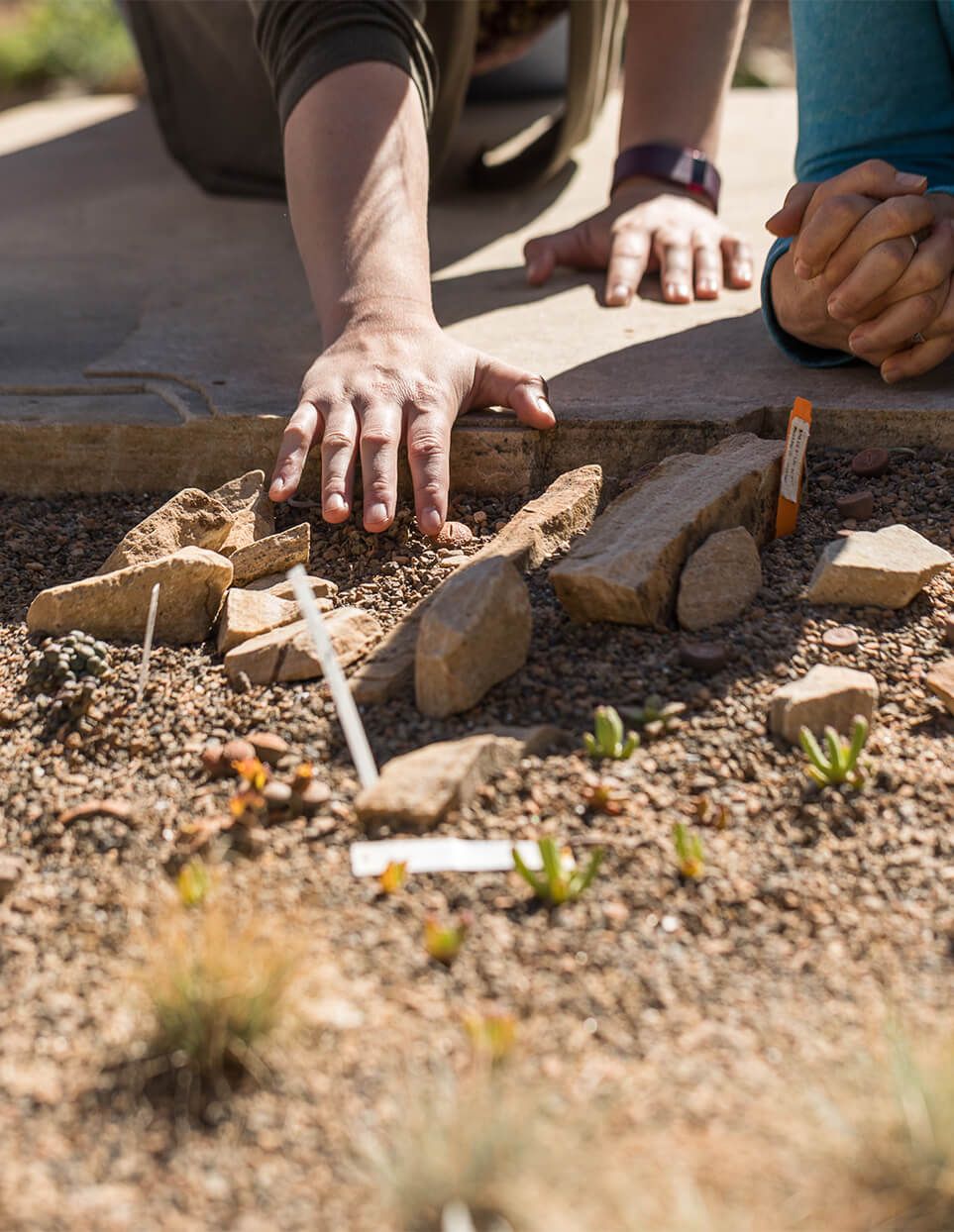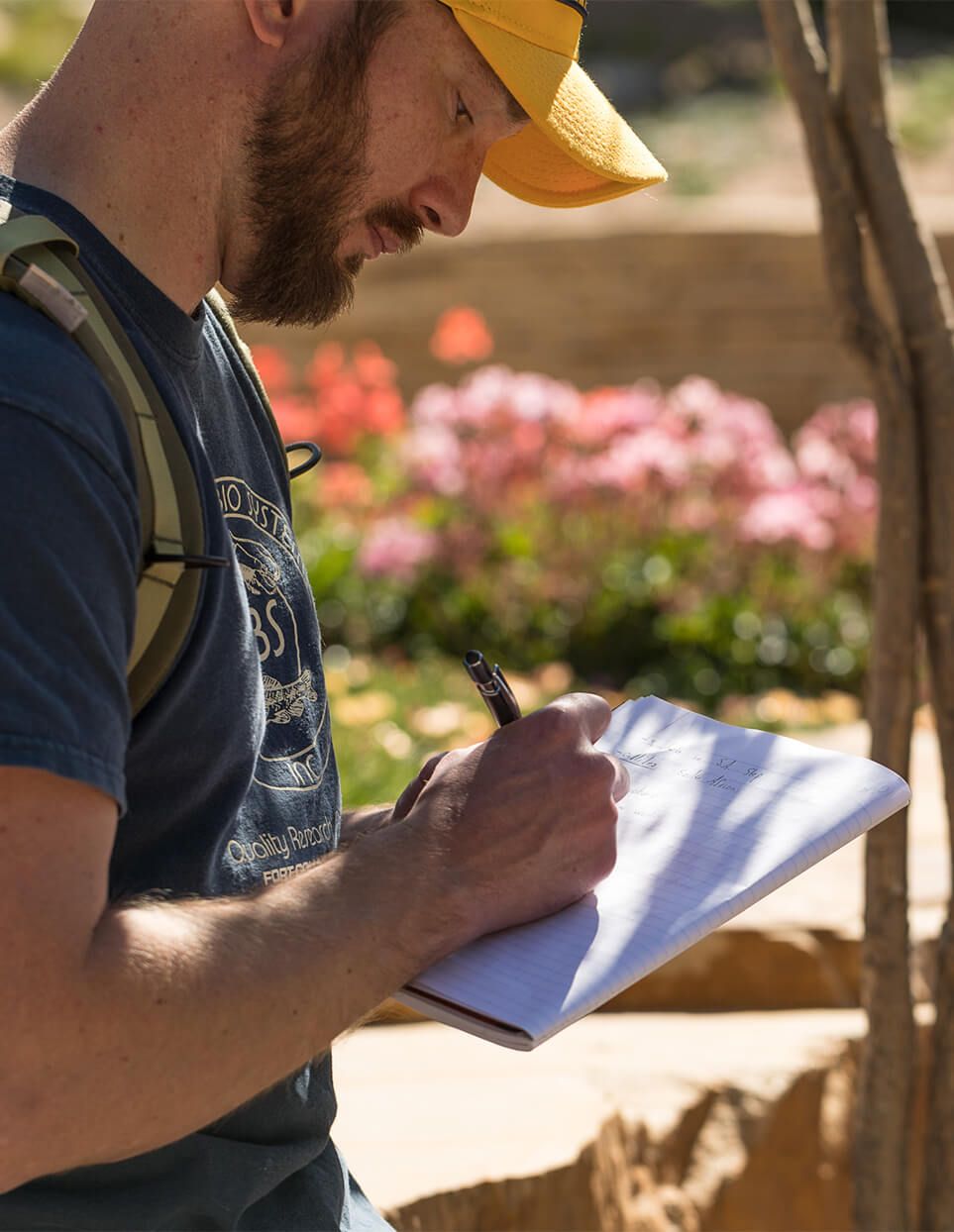Dr. Kris Voss, Ph.D., is a freshwater ecologist who focuses on understanding the effects of human activities on the structure and function of freshwater ecosystems. After receiving a BS in Chemistry from Texas A&M University and an MS in Environmental Engineering from National University, He obtained a Ph.D. from Duke University in Environmental Science with a focus on stream ecology and statistics. Kris uses aquatic macroinvertebrates — small organisms that spend some part of their life cycle in fresh waters — as focal organisms to understand how freshwater communities are threatened by land cover change and other human activities. In addition to wrangling critters in streams, Kris’s work also involves developing and critiquing quantitative tools that ecosystem managers use to protect freshwater systems. Kris also brings his research interests at the interface of ecology and quantitative biology to the classroom. In both graduate and undergraduate courses, He aims to engage students by implementing and assessing a number of research-based teaching methods.





